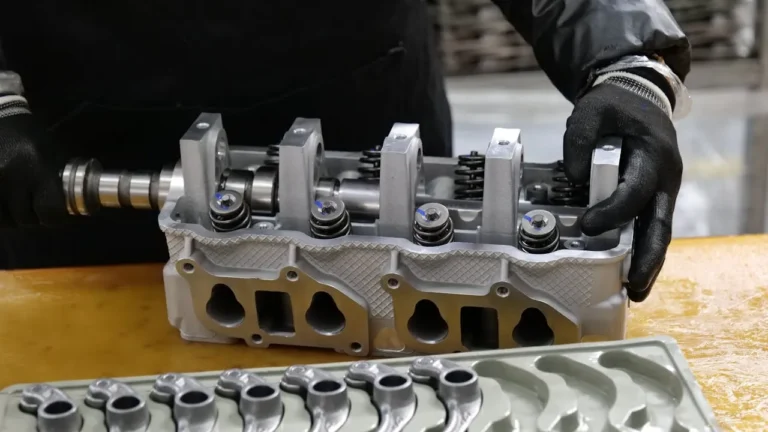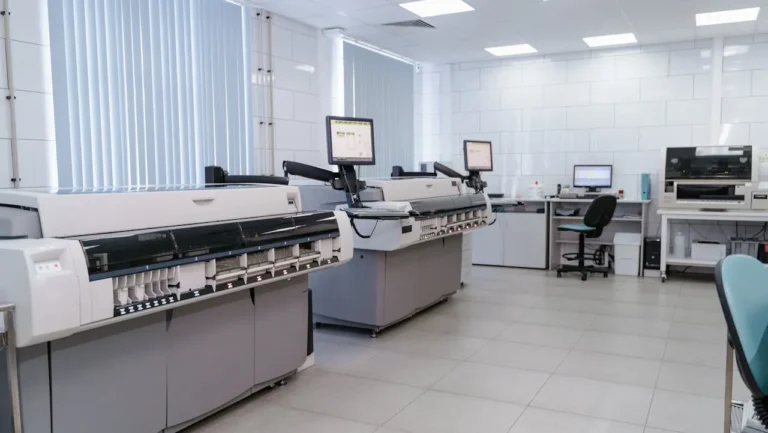
Honda, Tokuyama, and Mitsubishi Launch Joint Demonstration Project to Power Data Center Using By-product Hydrogen and Repurposed Fuel Cell Systems
Honda Motor Co., Ltd., in partnership with Tokuyama Corporation and Mitsubishi Corporation (MC), has officially launched a joint demonstration project in Shunan City, Yamaguchi Prefecture, Japan. The initiative aims to power a data center using a stationary fuel cell (FC) power station that operates on by-product hydrogen and incorporates fuel cell systems repurposed from Honda’s fuel cell electric vehicles (FCEVs). The three companies commemorated the launch with an opening ceremony at the demonstration site.
This groundbreaking project, proposed and adopted in June 2023 by Japan’s New Energy and Industrial Technology Development Organization (NEDO), falls under the agency’s strategic initiative: “Development of Technologies for Realizing a Hydrogen Society / Development of Technologies for Regional Hydrogen Utilization.” It marks a significant step in the broader goal of establishing clean and sustainable hydrogen infrastructure across Japan and beyond.
Multifaceted Energy Integration for Optimal Power Configuration
The demonstration involves supplying electricity to the data center from a hybrid system comprising multiple sources:
- A stationary fuel cell power station using by-product hydrogen.
- The public power grid.
- Battery energy storage systems (BESS).
- Renewable energy sources.
The system employs an Energy Management System (EMS) to efficiently switch between power sources based on demand, cost, and sustainability goals. Four primary usage scenarios are being tested:
- Backup Power Source: Ensures power continuity in emergencies.
- Off-grid Power Source: Serves as the primary standalone power supply.
- Peak Shaving: Reduces electricity usage during high-demand periods, minimizing grid strain and cost.
- Grid Balancing: Supplies power back to the grid during excess generation or grid instability.
This configuration allows the companies to evaluate real-world performance across different operational models, aiming to determine both the technical practicality and commercial viability of stationary hydrogen fuel cell technology.
Honda’s Commitment to Fuel Cell Innovation
Honda’s role in the project is grounded in decades of fuel cell research and development. The company has been working on hydrogen technologies for more than 30 years and has made hydrogen one of the central pillars in its strategy to achieve carbon neutrality across its entire value chain by 2050.
The fuel cell power station used in the demonstration has been developed by Honda specifically to showcase the viability of repurposing fuel cells originally deployed in FCEVs — notably, the CR-V e:FCEV. These units have been adapted for stationary use, supplying clean hydrogen-generated electricity to industrial-scale facilities such as data centers and manufacturing plants.
Designed for maximum efficiency and usability, the compact fuel cell system features optimized cooling and internal layouts to allow for flexible installation across a variety of environments. One of the unit’s key benefits is its rapid response time—it can begin supplying electricity within just 10 seconds of startup—making it suitable for both emergency backup and dynamic load balancing scenarios.
Supporting Decarbonization and Circular Economy Goals
By utilizing fuel cells recovered from vehicles, Honda’s solution supports a circular economy model while reducing the cost of entry for customers who may otherwise find stationary fuel cell systems economically prohibitive. In this specific demonstration, the hydrogen used is a by-product of Tokuyama’s saltwater electrolysis operations, ensuring a steady supply of low-carbon hydrogen that aligns with the environmental objectives of the project.
Electricity generated through this process is used to power a distributed data center operated by Mitsubishi Corporation. These types of data centers are growing in strategic importance as municipalities and businesses increasingly rely on cloud computing, artificial intelligence, and automated systems. In anticipation of the exponential growth in power demand from such technologies, the demonstration seeks to test whether hydrogen-based power systems can offer a viable path toward greener, more resilient digital infrastructure.
Paving the Way for Hydrogen-Powered Digital Transformation
Looking ahead, Honda, Tokuyama, and Mitsubishi see broader implications for this project. The rapid digitalization of society—accelerated by generative AI, autonomous vehicles, and smart city initiatives—is driving the need for sustainable power solutions that can support high-performance data processing with minimal environmental impact.
The companies envision their model as a template for the future: one that merges hydrogen energy, fuel cell reuse, and advanced power management to support the dual transitions of green transformation (GX) and digital transformation (DX).
By showcasing the feasibility of repurposing automotive fuel cell systems for stationary applications, and aligning energy production with renewable sources and efficient management systems, this demonstration not only supports decarbonization efforts but also paves the way for cost-effective, scalable deployment of hydrogen technologies in critical infrastructure sectors.
As hydrogen continues to gain traction as a clean energy source, this project represents a critical milestone in validating its role in real-world, high-demand scenarios like data center operations—potentially reshaping how industries approach energy security and sustainability in the years to come.




